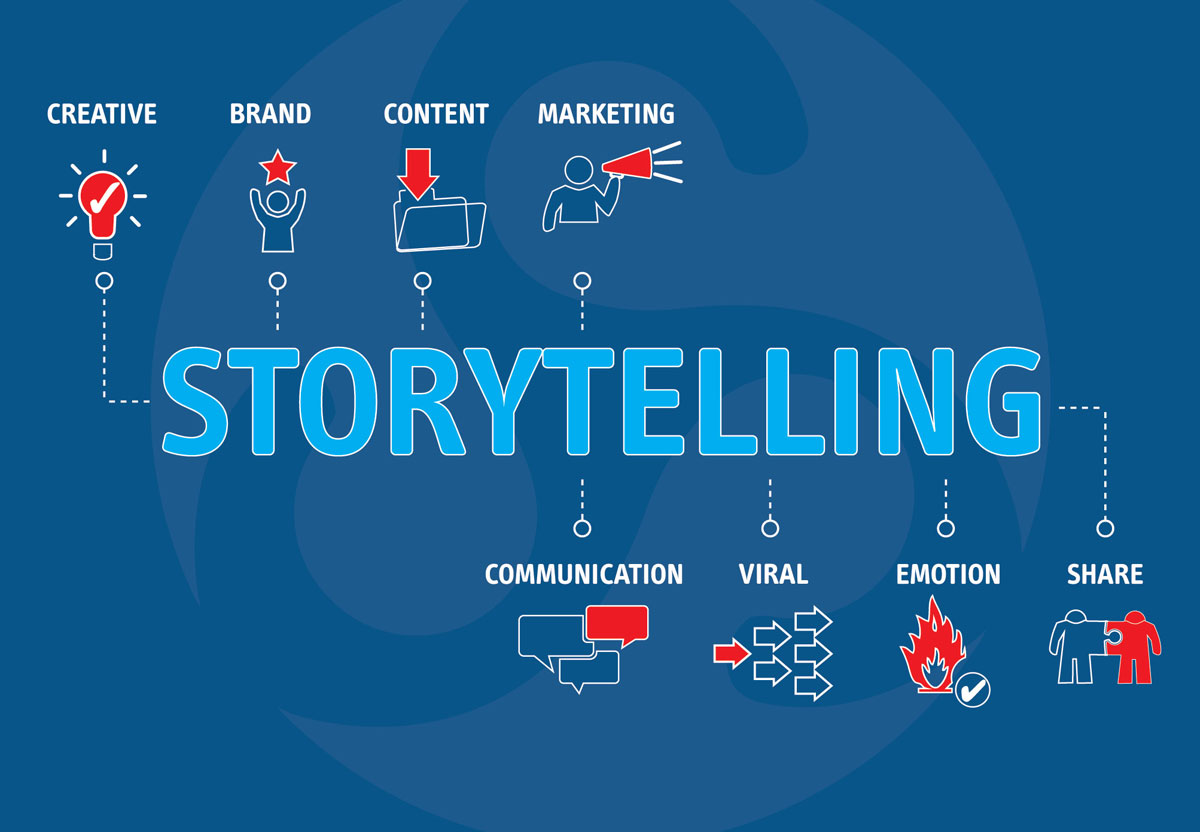
Unveiling the Healing Power of Stories in Medical Communication
In the world of healthcare, complex medical information often stands as a formidable barrier between professionals, patients, and the general public. The intricacies of diseases, treatments, and research can leave people feeling overwhelmed and disconnected. But what if there was a bridge that could make this information not only accessible but also engaging and relatable? Enter the world of storytelling in medical communication.
In the realm of medicine, storytelling is a powerful tool that transforms intricate data into relatable experiences. Here, we unveil the enchanting role that stories play in medical communication and why it is more vital than ever.
The Empathy Connector
Stories have a unique ability to elicit empathy. When a patient can connect with a story about someone who faced a similar medical challenge, it is more than just information; it is a shared experience. It fosters understanding and a feeling that "I am not alone."
Simplifying the Complex
Imagine explaining a complex medical procedure through a story. Now, it is not about the mechanics, it is about the journey. Stories make it easier to grasp the intricacies of medicine and turn them into digestible information.
Memorable Education
We tend to remember stories better than data. When information is presented in the form of a narrative, it becomes memorable. Whether it is a patient following their treatment plan or a medical student recalling facts, stories leave an indelible mark.
Engagement Booster
Medical content often feels clinical and distant. Stories, on the other hand, are engaging. They capture audience's attention, keeping them engaged in the subject matter and pushing them to learn more.
Breaking Stigma
Stories have the power to challenge stereotypes and reduce stigmas associated with various medical conditions. By putting a human face on these conditions, storytelling promotes acceptance and understanding.
In the dynamic world of healthcare, where advancements and information are ever-evolving, stories offer a timeless means of communication. They transcend statistics and foster a sense of unity. In this captivating journey through the science of storytelling in medical communication, we discover that it is not just about conveying complex medical information, it is about creating connections, building empathy, and inspiring change.